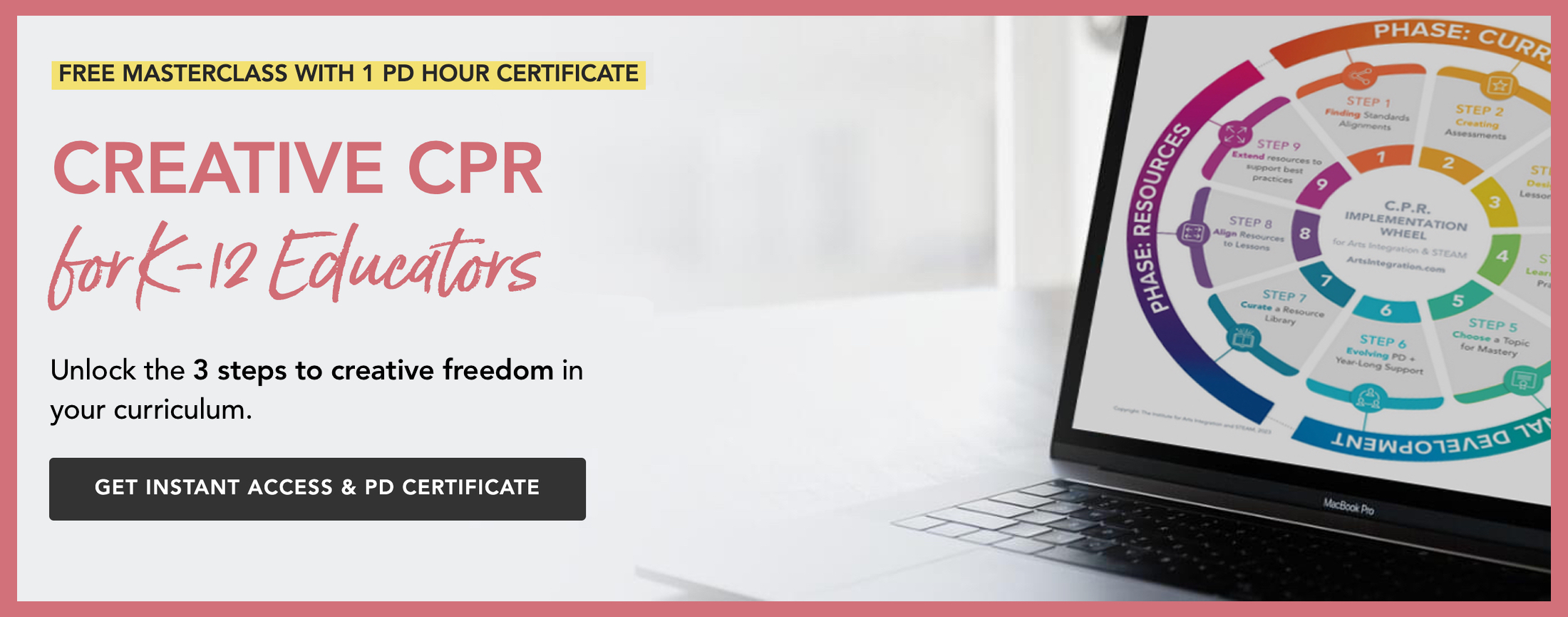Susan Riley | May 2013
Tips for End-of-the-Year Focus
The months of May and June are some of the best of the year. Testing is over, teachers (for better or for worse) are more comfortable with trying new things like Project-Based Learning and Arts Integration, and everyone is getting excited for summer.
These can also be some of the most challenging months of the year because student and teacher focus is waning. The end is so close and even the sound of the birds outside are enough to draw our attention away from the classroom. How can you keep yourself and your students fully engaged during these last few weeks? We have a few tips to help with the end-of-the-year focus conundrum!
Keep Practicing
One of the best ways I have found to bring back student focus is through the Concentration Circle. In this activity, you have students get into a large circle with the teacher in the center. They need to pick a focal point across the room – preferably not on another student – and stay concentrated on that spot.
As the teacher comes around, the teacher tries to break each student’s focus using any means necessary, as long as it doesn’t include touching the student or anything inappropriate. I’ve seen teachers act like monkeys, use different voices, jump up and down, anything! If a student breaks focus, just give them a gentle reminder to “bring it back” and they quickly settle back into their concentration.
Once you’ve done this activity a few times, you can pick one of your students to become the person who is trying to break everyone’s concentration. Students love this, and this is the opportunity to get your most active students in a role where they can shine.
You’ll notice when participating in this activity the amount of brain power you’re using to focus intently on one thing. This is great to do as an exercise in practicing focus, so that it becomes a habit, even during the last few weeks of school. I like to do this as a way to get a class started, right before dismissal, or even if we’re getting ready to do an activity or test that requires a lot of attention to detail.
Problem-Solving Activities – Taking the Power of Voice Away
Think about ways to make the impossible, possible for your students. For instance, I like to provide the activity of getting students in groups of 3 or 4 and needing to make a pentagon with their bodies with one person in the middle who is trying to break out of the pentagon. In addition, they are not allowed to speak to devise their strategy – they can only use their cooperation skills. This is extremely difficult for students because it’s a problem that is inherently abstract. This is “hard fun” – they work hard to solve the problem because they know that the feeling of satisfaction from their success will be amazing.
I also like to have students participate in an improvisation exercise where they work in pairs to improvise a clapping pattern during a popular piece of music. They only have 10 seconds to create and perform their pattern before moving to a new partner. Again, they are not allowed to use their voices when figuring out their pattern. By adding this simple layer, students must hone their other tools (other senses, critical thinking, creativity, etc) to be successful in the process.
We invite you to try these quick tips for re-focusing your students these last few weeks and want to hear from you!
What works in keeping your students engaged the last two months of school?



